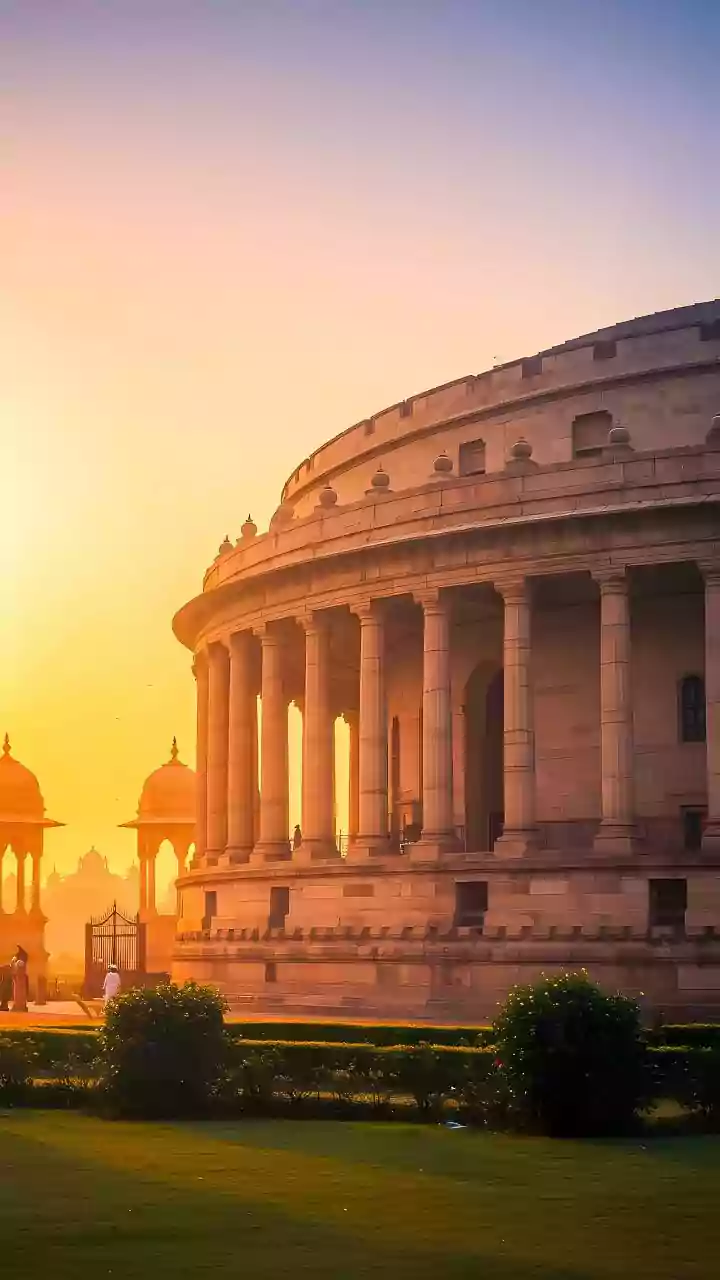Modi's Manipur Trip
Prime Minister Narendra Modi made a crucial visit to Manipur, a trip that held considerable significance as it was his first since the turmoil that began
in 2023. The purpose of the visit was multifaceted, focusing on direct interaction with the affected individuals and communities. The agenda included addressing the pressing issues and extending a message of assurance and backing from the central government. The visit underscored the government's dedication to aiding the recovery process and promoting enduring peace within the region. The Prime Minister's trip also provided a platform for assessing the situation, understanding the challenges, and setting the stage for initiatives that promote reconciliation and sustainable development in Manipur. His presence symbolized the government's commitment to addressing the aftermath of the unrest and initiating actions to restore stability and harmony.
Meeting Victims
During his visit, Prime Minister Modi directly engaged with those affected by the unrest in Manipur. This interaction involved meeting with victims and understanding their experiences, and the challenges they face. The meetings provided an avenue for the Prime Minister to offer his empathy, extend his support, and listen to the concerns of the people affected by the violence. These sessions gave the victims the opportunity to share their experiences, express their needs, and highlight the areas where they require immediate assistance. The focus was on acknowledging their suffering and assuring them that the government is committed to supporting their recovery. This direct engagement served as a crucial element in the government's approach to providing solace, fostering a sense of hope, and kickstarting the process of healing and reconciliation within the community. His interaction aimed to assure them of the government’s commitment to aid their return to normalcy and contribute to the reconstruction of their lives.
Focus on Peace
A central theme of Prime Minister Modi's visit was the promotion of peace. He strongly urged the people of Manipur to look forward and work toward reconciliation, underscoring the importance of putting the past behind and uniting to build a peaceful future. His message prioritized the restoration of harmony and social unity. This involved an emphasis on fostering dialogues and understanding among different groups, promoting peaceful resolutions, and creating an environment where diverse communities could coexist and thrive. The Prime Minister’s emphasis on peace was essential for establishing a climate conducive to stability and progress. The aim was to heal divisions, mend relationships, and create a supportive environment that would facilitate a return to normalcy and encourage long-term stability and prosperity throughout Manipur. This message was crucial in inspiring hope and creating a path for the state's recovery and future development.
Development Agenda
Along with addressing the immediate concerns related to the unrest, the Prime Minister also focused on the developmental aspects of Manipur. His vision included planning for infrastructure projects and initiatives aimed at improving the overall quality of life for the people. These plans encompassed various facets, including enhancing public services, boosting economic opportunities, and promoting sustainable growth. The focus also included supporting local businesses, creating jobs, and improving the overall economic environment of the region. The overarching aim was to improve the state's socio-economic conditions and establish an inclusive environment that fosters progress. This part of his visit highlighted the government’s commitment to ensuring that Manipur not only recovers from the recent crises but also attains sustainable growth, stability, and prosperity in the long term. The goal was to ensure holistic development and ensure a positive future for the state and its residents.
Opposition Reactions
The visit and its implications generated reactions from various political groups, including the opposition parties. For example, Congress leader Mallikarjun Kharge criticized the visit, terming it “tokenism.” This highlights that the Prime Minister’s actions and messages were subject to varying perspectives and interpretations. These responses reflect the varied political landscape and the different viewpoints concerning the government’s approach to Manipur. The comments from the opposition parties highlighted the need for more comprehensive measures and raised questions about the true impact of the visit and the government’s commitment to addressing the long-term challenges. The different viewpoints underscore the complexities of the issues and the necessity of considering various perspectives to effectively navigate the situation. These reactions were important because they showed the need for ongoing dialogue and a comprehensive approach to solve the issues and foster a more integrated and prosperous future for Manipur.




















